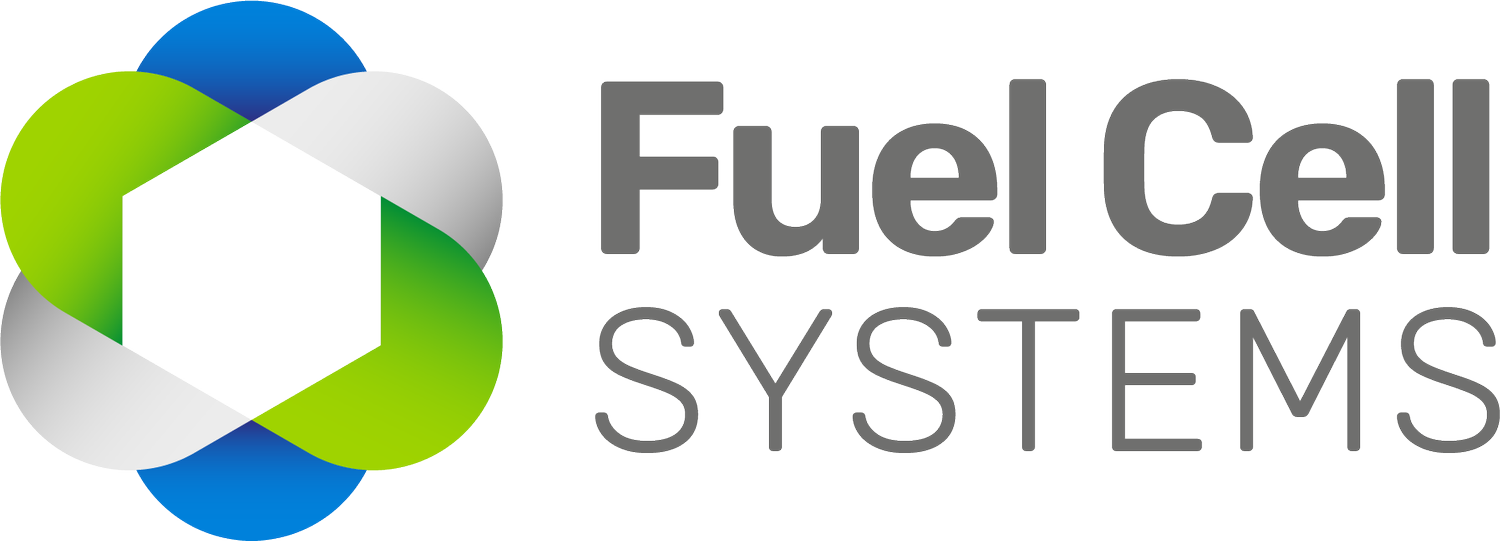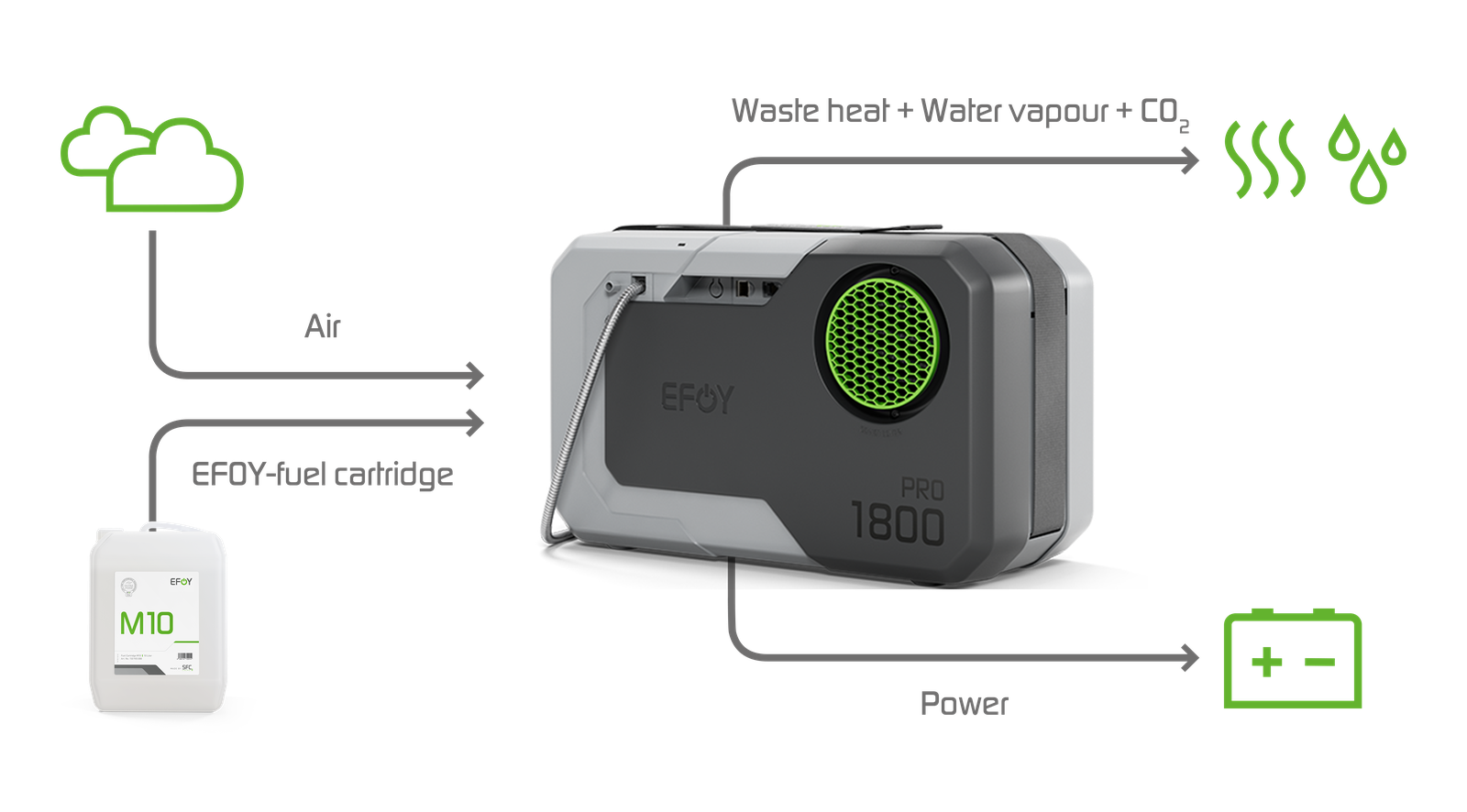EFOY Technology For Monitoring Water Quality
There is an increasing need to ensure our rivers are clean and safe for both the environment and public health. Fuel Cell Systems Ltd delivers the power solution needed to support continuous water quality monitoring—ensuring reliable data, supporting off-grid sites sustainably, and giving communities real-time information on river conditions.
The Challenge
We’ve worked with a range of customers, including the Environment agency, who need to continuously monitor water quality at key locations across England. High-resolution monitoring, at hourly or more frequent intervals, is achievable using vivo instrumentation. However, at many sites, pumped monitoring systems are a better choice, as they deliver higher quality data by reducing biofouling, improving sensor performance, and extending service life. To power these systems, operators often use solar arrays, which work well but aren’t always suitable due to space constraints or security concerns.
The Solution
The EFOY continuously monitors the battery voltage, automatically turning on and off to charge the batteries. Compared to an internal combustion generator, the EFOY fuel cell has few moving parts providing higher levels of reliability and reduced noise levels. The only emissions it produces are tiny amount of carbon dioxide and water. This ensures continuous, high-quality monitoring without the limitations of solar power.
Result
With growing public pressure and the risk of legal action under Section 82 of the Environment Act, water companies must prove they are protecting our rivers. Continuous water quality monitoring is vital — but many key sites are remote and hard to power. Fuel Cell Systems Ltd provides reliable off-grid power to keep monitoring systems running around the clock, helping water companies catch issues early, stay compliant, and protect the environment.
In early 2025, the Environment Agency and River Severn Partnership launched the UK’s first daily, computer-operated bacteriological monitoring pilot at Ludlow’s River Teme. The trial introduced automated sensors to record bacteria levels, rainfall, and river flow, providing faster, more accurate insight into water quality. The batteries that power these sensors are kept charged by EFOY fuel cells. MP Stuart Anderson, who had campaigned for improvements after the site was rated ‘poor’, attended the launch and described the initiative as “ground-breaking,” highlighting its potential to improve safety for wild swimmers and inform future bathing water projects. Additional units are deployed at Shrewsbury, on the south coast and across England.






